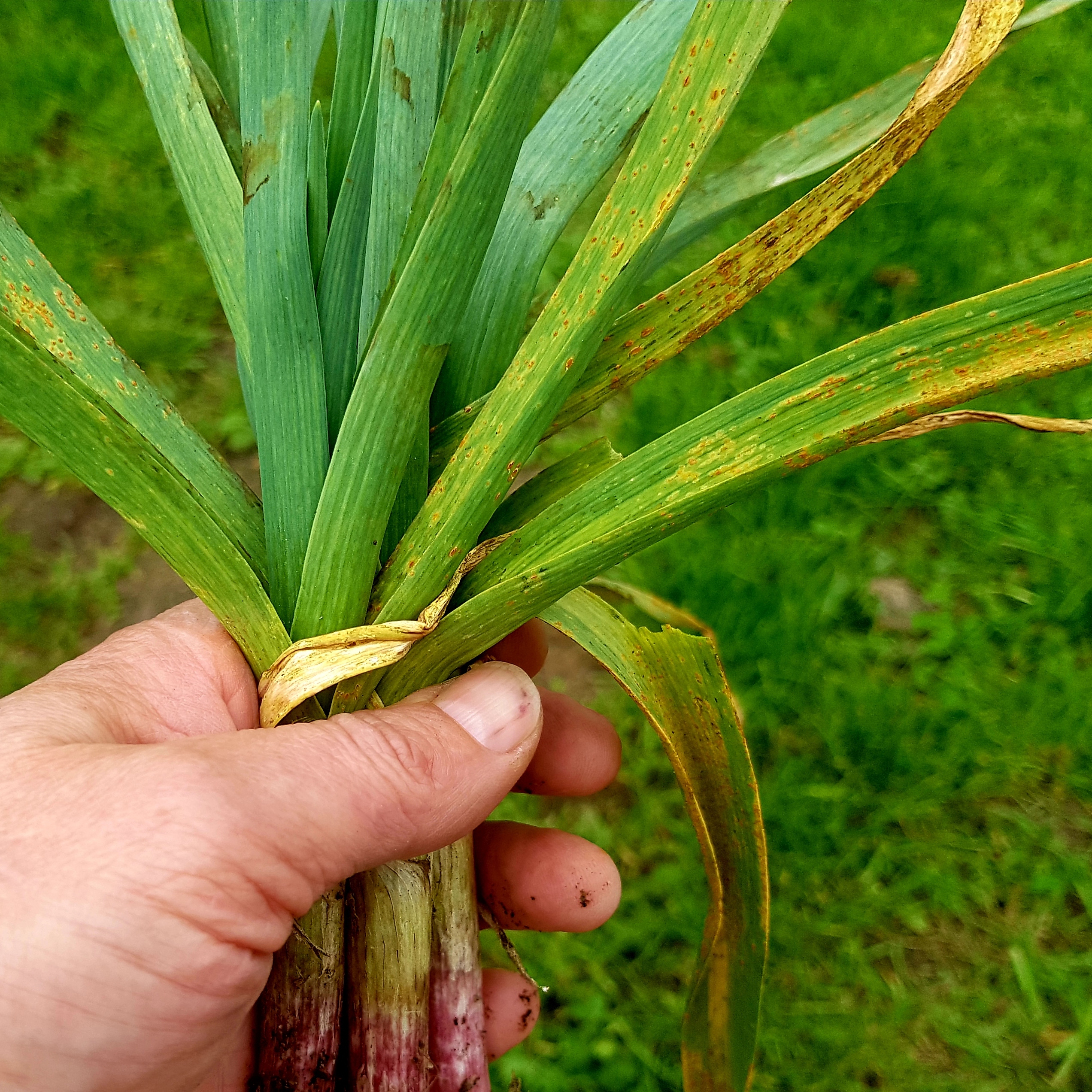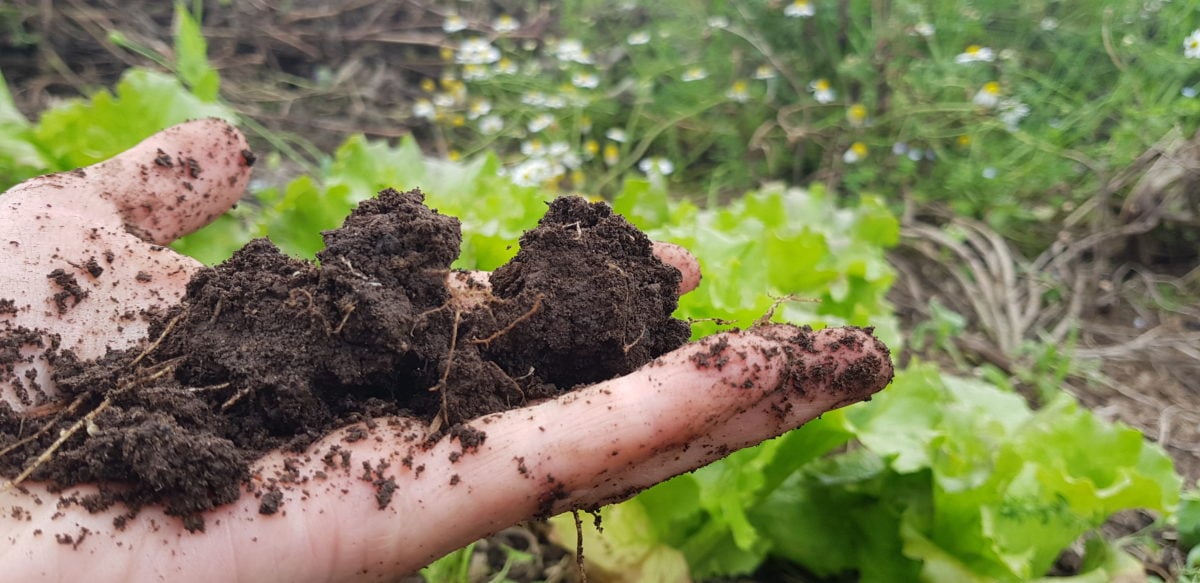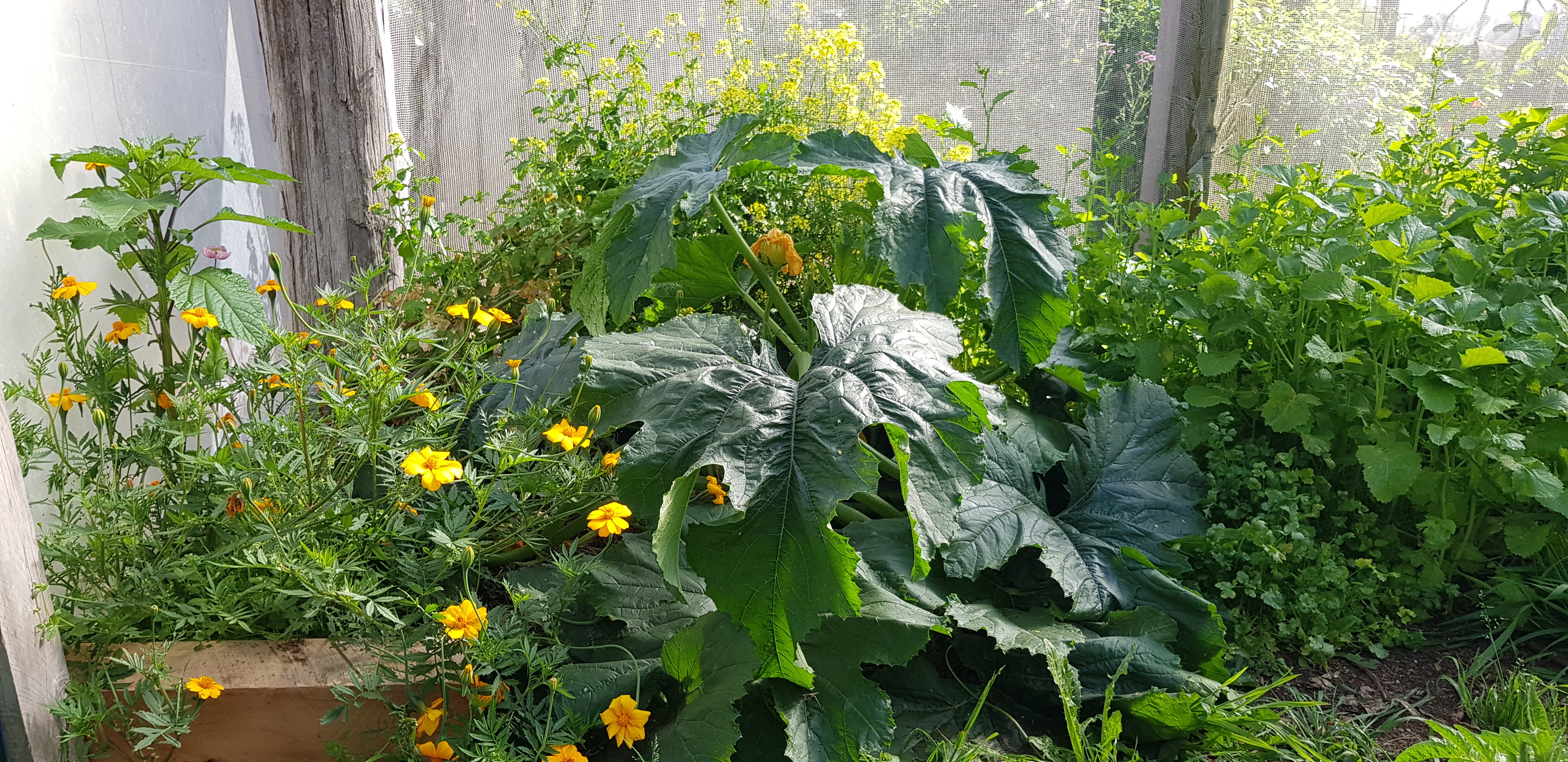Preventing + Managing Fungal Disease


By far and away the most common cause of garden disease is airborne fungi. The mild moist conditions of spring set the scene for primary infections of rust, black spot, leaf curl, shot hole, brown rot and other fungal delights.
As I write this it's raining and cool, the kind of conditions that strike fear in a growers heart. I feel happiness filled knowing my spray of EM and nettle tea has leaf surfaces colonised with good guys, in a timely manner.
Prevention via holistic thinking

We are what we eat, and so too the garden. Too much rich stuff brings as many problems as not enough. It's easy to get carried away with "more is better" but big doses of strong inputs make for strong reactions in our soils that grow lush, sweet vulnerable plants. Tread carefully with fresh manures, and avoid overdosing on anything no matter how natural. For very best results stay away from artificial fertilisers.
Little and often is powerful. With a capital P. It's steady and solid, like eating a bowl of fresh picked leafy greens everyday, an evening glass of kvass or a daily stretch. Use gentle inputs like herbs, leaves, seaweed and compost - these are things that soil understands and quickly assimilates because together they've been at this business of soil building a very long time.
This kind of gardening grows plants that are a bit less lush but more fruitful with robust cells less susceptible to pest and disease and richer in nutrients. Better for the earth + better for us - we are winning all the way here.
- Build strength with plant diversity. Plant in guilds
- For best soil health make your own vibrant compost or choose bought compost carefully, use rotten manure - never fresh and only ever before a heavy feeder.
- Keep your soil covered with plants or homemade mulch
- Encourage a diversity of beneficial microbes with my favourite biological spray or aerated compost tea
- Grow relaxed, stress free plants with thoughtful variety choices and smart seasonal planting
There is no silver bullet friends. It's the coming together of many things, especially your own quiet observations and wonderings.
Biological Fungicides

Biological fungicides manage fungi without destroying a single hair on your gardens head. They are the longterm solution we seek, outcompeting pathogenic fungi restoring balance and increasing the biological life in your garden - thus leaving it better + stronger!
A completely different approach to traditional fungicides that kill all life - pathogenic and biological. They work immediately, yes - but the collateral damage is enormous. Residues on your dinner plate, leaching into the waterways and a bereft soil that needs much repair and wont grow crops as well in the future without alot of extra inputs like compost and fertiliser. So inefficient, don't you agree.
Because these aren't killers you need to use these early for them to work. Get hold of a bottle in winter, ready to spray emerging shoots/ foliage in spring.
Milk

Yes milk! An awesome fungal preventative for vegies with a two step benefit - calcium inhibits the growth of fungal spores and ferroglobulin protein in whey is toxic to fungus. Dilute 1:10 and spray weekly as a preventative where you usually have issues.
Fungicides: Sulfur + Copper Sprays
Can I encourage you to stay your hand? Fungicides have become a habit, an easy quick solution but they are super strong. An emergency call for growers with a crop for sale that are relying on the income but otherwise lets look to other ways before wiping out all the carefully cultivated beneficial fungi and bees in your garden. Your best bet by far is to breathe. Stay calm and think carefully about the bigger picture before acting.
